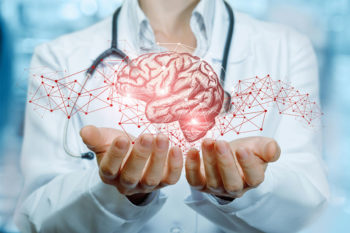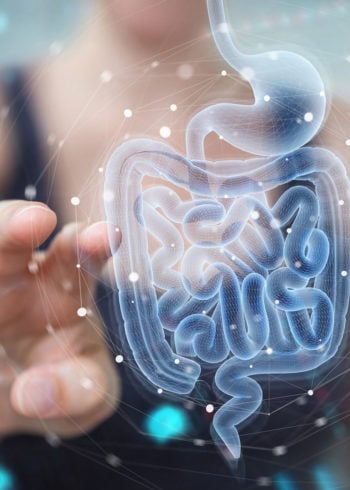Study Shows Gene Editing May Hold Promise for Reversing Effects of Adolescent Binge Drinking
Gene editing could one day help reverse anxiety and excessive drinking caused by adolescent exposure to alcohol, according to a new study in rats supported by the National Institute on Alcohol Abuse and Alcoholism (NIAAA). A team of investigators led by NIAAA grantee Subhash C. Pandey, Ph.D., the Joseph A. Flaherty-endowed professor of psychiatry and director of … Read more





